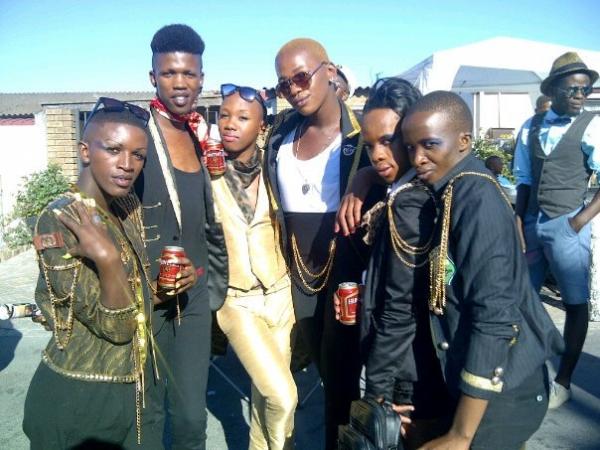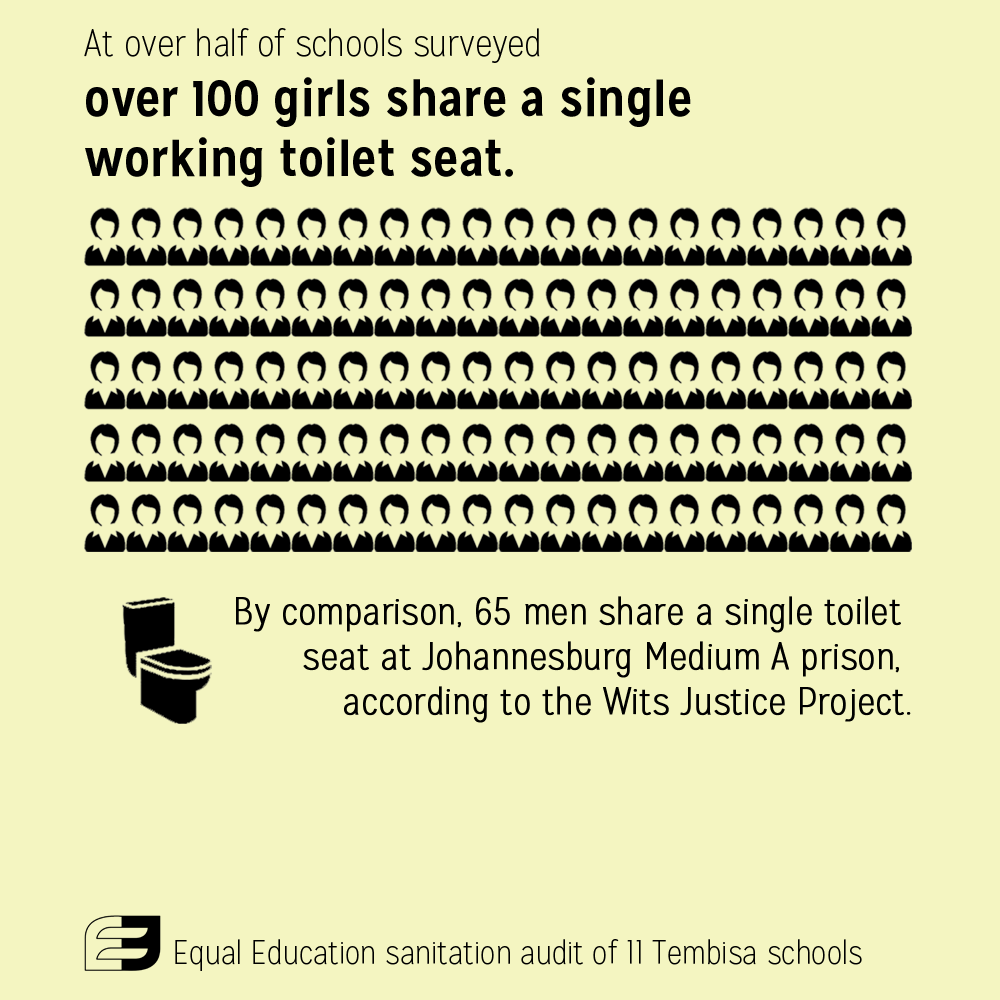The week in political activism

This week we have reports from Corruption Watch, Equal Education and SWEAT.
Corruption Watch
As tension continues to mount between the Public Protector and cabinet ministers, specifically in the security cluster, surrounding a report on the spectacularly expensive upgrade to President Zuma’s Nkandla residence, Corruption Watch has come out in support of the embattled public protector, Thuli Madonsela.
In a press release, the board of Corruption Watch states that it “notes with concern the reliance on “state security” as a basis for the cabinet ministers’ challenge to the release of the report by the public protector to interested and affected parties … this approach avoids the key issues of possible wasteful expenditure and the flouting of procurement rules – neither of which fall within the ambit of national security.”
“Given that security considerations in the Nkandla upgrade are not concerned with the amount of money spent or the disregard of public procurement rules, the Corruption Watch board views the ministers’ actions, including the assertion that they are the final decision-makers on all security-related matters, as having the effect of shielding any unlawful activity, that may have been uncovered by the public protector, from public view.”
For more information on the office of the pubic protector visit: http://www.pprotect.org
Equal Education
Equal Education conducted an audit of Tembisa high schools and uncovered sanitation conditions “that are worse than prisons” it says. At over half of the schools surveyed, more than 100 boys or 100 girls have to share a single working toilet. 90% of schools surveyed did not have enough toilets to meet the Department of Water Affairs and Forestry standards. In some schools there are days when there are no functioning toilets at all for students. A lack of soap and toilet paper was also found to be commonplace. Sanitary bins, in those schools that had any, were often full, resulting in sanitary pads on the floor. Both girls and boys felt unsafe due to the lack of doors or locks on doors to toilets.
Equal Education is now waiting in anticipation of the Minister of Basic Education’s promise to release of Minimum Norms and Standards for School Infrastructure. On 22 November, Minister Angie Motshekga said, “We have made a major concession in this regard based on the public concern … The Norms and Standards will be published next Friday, 29th November 2013.”
To read more visit: http://www.equaleducation.org.za

Equal Education poster with findings of the organisation’s audit in Tembisa.
SWEAT, the Transgender Day of Remembrance and S.H.E
November 20 was Transgender Day of Remembrance (TDoR). This is a day to memorialize those who have been killed as a result of transphobia — the hatred or fear of transgender and gender non-conforming people. TDoR is the culmination of Transgender Awareness Week.
The Cape Town branch of SWEAT, a sex worker advocacy, human rights defence and mobilisation taskforce, held a day of remembrance, which opened the hearts and eyes of sex workers around their views of transgender sex workers. The day commemorated some of those transgender sex workers known to SWEAT who have died.
The Transgender Day of Remembrance was founded in 1998 by Gwendolyn Ann Smith, a transgender graphic designer, columnist, and activist, to memorialize the murder of Rita Hester in Allston, Massachusetts. According to the South African National AIDS Council (SANAC) Women’s Sector website, the day has evolved from a web-based project started by Smith into an international day of action. In 2010, TDoR was observed in over 185 cities and over 20 countries.
On TDoR candlelight vigils are held and the names of those who lost their lives during the previous year are read. Activities may also include exhibitions, film screenings, and marches.
Interested parties and activists may also wish to contact S.H.E the social, health and empowerment feminist collective of transgender and intersex women of Africa, which seeks to expand feminism to recognise the problems of African trans and intersex women within the feminist sphere. It explores ways of involving transgender women in advocacy at a national and regional level.
Support independent journalism
Donate using Payfast

Don't miss out on the latest news
We respect your privacy, and promise we won't spam you.
Next: Having fun in Khayelitsha
Previous: Improving teaching and schools: an interview with the leaders of Equal Education

This article is licensed under a Creative Commons Attribution-NoDerivatives 4.0 International License.
